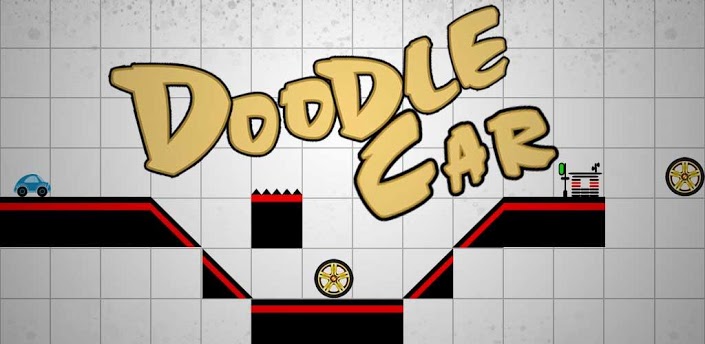

However, several appearances on the BBC TV show Top of the Pops raised her profile, and an extensive world tour with Cat Stevens followed. This album established her as one of Britain's most promising young female singer-songwriters and was critically acclaimed, but it did not have the expected success, probably due to Raft Records becoming insolvent at that time. 15 in the UK Singles Chart in the summer of 1973, and it was followed by the album Fathoms Deep, which featured former Jeff Beck Group guitarist Bobby Tench. Her first hit single "Rock-a-Doodle-Doo" reached No. She then signed to Family's new Warner/Reprise distributed "Raft" label. Lewis also worked as a session vocalist in this period, which led to her appearance on albums such as Possible Projection of the Future by Al Kooper, David Bowie's Aladdin Sane (1973), Cat Stevens's Catch Bull at Four (1972) and Hummingbird's first album Hummingbird (1975). Records executive Ian Ralfini, Lewis signed to the label's imprint Reprise. On 19 September 1970, Lewis appeared at the first Glastonbury Festival (where she jammed with Terry Reid and David Lindley), having been booked by the DJ and concert booker Jeff Dexter.

She also recorded the album Ferris Wheel (1970) and the single "Can't Stop Now" with them before the band broke up the same year. 1970s ĭuring 1967, Linda Lewis formed White Rabbit with Junior Kerr moving on to replace Marsha Hunt in the soul rock band The Ferris Wheel in 1970 and touring Europe with them. The surname would also be used professionally by her sisters, Dee Lewis and Shirley Lewis, and her mother. Fredericks used the name Linda Lewis in honour of singer Barbara Lewis. Polydor worried that her name, Linda Fredericks, would be confused with Linda Kendrick, who was also signed to Polydor. She signed with Polydor and in 1967 recorded the single "You Turned My Bitter into Sweet", which is now a collectable Northern Soul record. Hooker introduced her to Ian Samwell, who arranged for Don Arden to manage her. In 1964, she sang " Dancing in the Street" with John Lee Hooker at a club in Southend-on-Sea. She joined The Q Set, a British band who performed ska and blue beat, Jamaican-style music. Lewis attended stage school and was regularly cast in non-speaking television and film roles such as A Taste of Honey (1961) she appeared as a screaming fan in the first Beatles film, A Hard Day's Night (1964) and also sang to the public. She was raised primarily by her mother, who was a jazz singer. Her parents were of British-Guyanese and Jamaican heritage. Linda Fredericks was born in Custom House, Newham, in 1950.

Lewis was a self-taught guitarist and keyboard player, influenced by Harry Nilsson, Billie Holiday and Smokey Robinson, also drawing inspiration from others such as Joni Mitchell. She was the eldest of six children, three of whom also had singing careers. Lewis also provided backing vocals for other artists, including David Bowie, Al Kooper, Cat Stevens, Steve Harley and Cockney Rebel, Rick Wakeman, Rod Stewart, Peter Bardens, Hummingbird, Joan Armatrading and Jamiroquai. Her discography includes solo albums, Lark (1972), Not a Little Girl Anymore (1975), Woman Overboard (1977), and the later Second Nature (1995), which became successful in countries such as Japan. She is best known for the singles " Rock-a-Doodle-Doo" (1973) and her version of Betty Everett's " The Shoop Shoop Song" (1975).

Linda Ann Fredericks (27 September 1950 – ), better known as Linda Lewis, was an English singer, songwriter and musician.


 0 kommentar(er)
0 kommentar(er)
